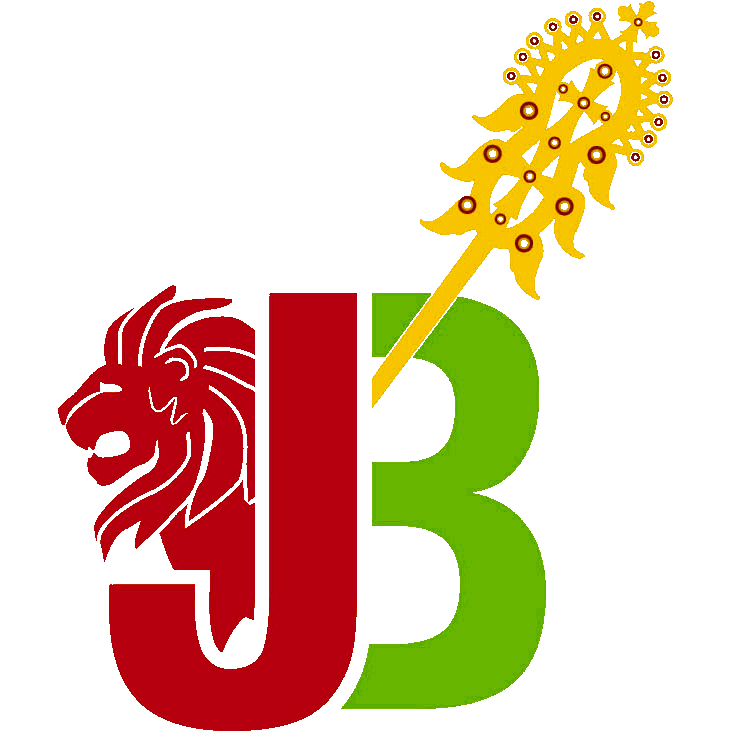How does one maintain any balance between institution and belief, in religion? Especially for us Christians, how do we maintain any balance between the institution and the Gospel? Or further, how can we maintain an efficacious balance between the church as institution and the Church as Body of Christ?
In the Gospel of Luke, chapter 20, we find the parable of the wicked vineyard tenants (vs. 9-19). This passage has always been intriguing to me for what it says about the religious institutions of the day. In describing this passage, the Orthodox Study Bible says this:
In this parable, the man represents God the Father, and the vineyard refers to God’s people. The vinedressers are the leaders of the Hews entrusted to care for the people. Each servant sent by the owner stands for an OT prophet who comes to call people back to God, while the beloved son refers to Christ Himself.
 In this passage, the vinedressers (or religious leaders) are trying to keep from giving God any of the fruit of the vineyard. To prevent this, they mistreat the prophets and ultimately cast the only-begotten Son out from their midsts and kill him that they might keep His inheritance for themselves.
In this passage, the vinedressers (or religious leaders) are trying to keep from giving God any of the fruit of the vineyard. To prevent this, they mistreat the prophets and ultimately cast the only-begotten Son out from their midsts and kill him that they might keep His inheritance for themselves.
What is this fruit that God is sending prophets and His Son to retrieve?
This fruit is the blessings of this life. For us as Americans, it might also consist of the blessings accrued through Capitalism, the freedoms of American Democracy. This fruit is our quality of life. And, if political debate can say anything to matters of faith we see how adamantly our Society wants to hoard our various entitlements.
Christian Living Requires Our Fruit
Does our culture (and at times our contemporary/emergent faith) seek to protect this fruit from being harvested by God? Does our contemporary faith reject those servants, sent by God to encourage us to give some of this fruit to God? Have we, in our modern expressions of Christianity, inadvertently rejected the prophets? If we have, then we run the risk of re-Crucifying Christ.
Of course, we will dismiss this out of hand. As the people in the temple responded to Christ, We the People in the Church will likewise undoubtedly say: “Certainly not!” (vs. 16) Yet, the witness of the Holy Scriptures and the reality of Jesus’ Crucifixion confront us and call us to reconsider.
Especially during Great Lent, it is out task to look within and purge ourselves of those internal things that prevent us from yielding to God. When we reject this notion, Christ implores us to “fall on that stone and be broken,” instead of having that stone fall upon us and being ground into powder (vs. 18).
We must ask ourselves: are we hoarding God’s fruit? Have we rejected His servants, in order to keep our entitlements? Worse, have we flat-out rejected Christ by our desire to hold on to what we have gained?
May God soften our hearts that we might receive His prophets! May we welcome Jesus into our midst and be converted! May God grant His Church the strength, the courage and the wisdom to prepare the faithful to willingly and lovingly give of their fruits to God!
[JahBread-optin]
[fbcomments]







